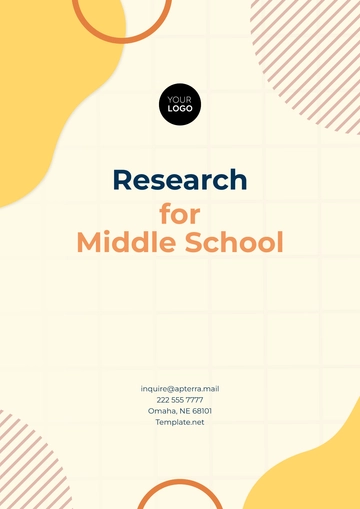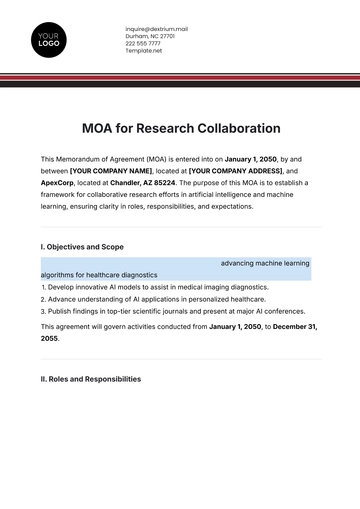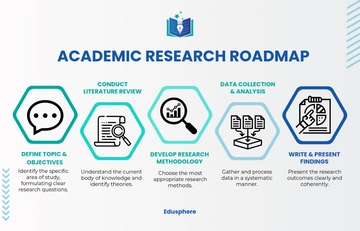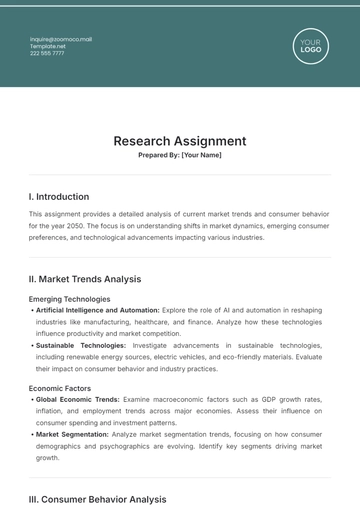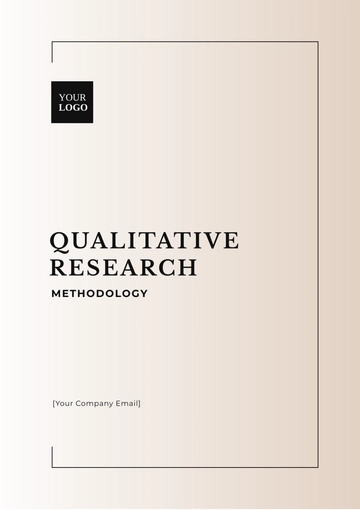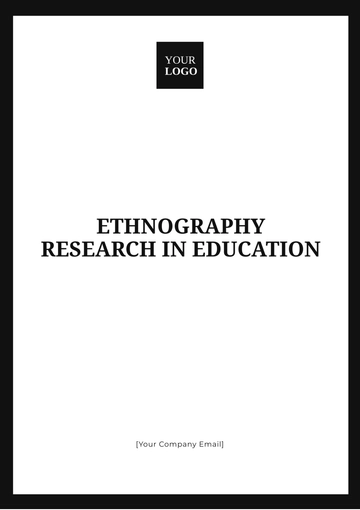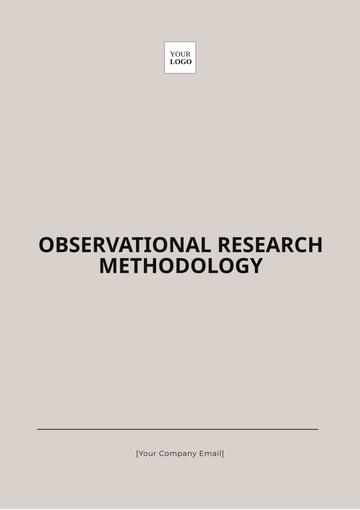Free Ethnography Research In Education

I. Introduction
This ethnographic study aims to explore the cultural and social dynamics within a high school classroom, focusing on how students and teachers interact and how these interactions influence learning outcomes. The research seeks to understand the implicit cultural norms that shape the educational experience, with a specific focus on the impact of student-teacher relationships on classroom participation and academic performance.
II. Literature Review
Ethnographic research in education reveals hidden curricula and cultural influences on student learning. Past studies, like Heath's (2053) and Willis's (2057), show how cultural backgrounds and peer groups affect student engagement. This study explores student-teacher interactions in a diverse urban classroom, guided by Bourdieu’s cultural capital theory.
III. Methodology
Research Design
This study employs a qualitative ethnographic approach to capture the lived experiences of students and teachers within the classroom. The research is designed to be immersive, allowing the researcher to observe and document the daily activities and interactions that occur within the educational setting.
Data Collection Methods
Data will be collected through participant observation, semi-structured interviews, and field notes. The researcher will spend three months embedded in the classroom, observing and interacting with students and teachers. Additionally, interviews will be conducted with both groups to gain deeper insights into their perspectives and experiences.
Sampling
The study will focus on a single 11th-grade classroom within an urban high school. The classroom was selected based on its demographic diversity, with students from various ethnic and socioeconomic backgrounds. The teacher has been chosen for her reputation for fostering a participatory classroom environment.
Ethical Considerations
Informed consent will be obtained from all participants, including students, parents, and teachers. The study will adhere to strict confidentiality protocols, ensuring that participants' identities are protected. All data collected will be anonymized and stored securely.
IV. Data Analysis
Data analysis will involve coding the collected data to identify recurring themes and patterns related to classroom culture and student-teacher interactions. Thematic analysis will be used to interpret the data, with particular attention paid to how cultural capital influences classroom dynamics. The findings will be compared with existing literature to draw broader conclusions.
V. Findings
Preliminary findings indicate that the teacher's inclusive approach significantly shapes classroom culture. Diverse student perspectives are valued, but cultural clashes in communication can impede participation. The teacher's mediation is essential for a cohesive learning environment.
VI. Discussion
The study emphasizes that cultural awareness in education is crucial. Teachers who acknowledge and address cultural differences enhance student engagement and academic success. Culturally responsive teaching is vital in diverse classrooms to connect home cultures with school. Thus, professional development for managing cultural diversity is essential.
VII. Conclusion
This ethnographic study has provided valuable insights into the complex dynamics of a diverse high school classroom. The findings emphasize the critical role of student-teacher interactions in shaping the educational experience. Future research could expand on these findings by exploring similar dynamics in other educational settings, such as rural or private schools. The study underscores the need for ongoing efforts to create inclusive and culturally responsive educational environments.
VIII. References
Heath, S. B. (2053). Ways with words: Language, life, and work in communities and classrooms. Cambridge University Press.
Willis, P. (2057). Learning to labor: How working-class kids get working-class jobs. Columbia University Press.
Bourdieu, P. (2056). The forms of capital. In J. Richardson (Ed.), Handbook of Theory and Research for the Sociology of Education (pp. 241-258). Greenwood Press.
- 100% Customizable, free editor
- Access 1 Million+ Templates, photo’s & graphics
- Download or share as a template
- Click and replace photos, graphics, text, backgrounds
- Resize, crop, AI write & more
- Access advanced editor
Ethnography Research In Education Template offered by Template.net. This customizable, downloadable, and printable template is designed to streamline your research process. Fully editable in our AI Editor Tool, it allows you to tailor the content to meet your specific needs. Perfect for educators and researchers, this template ensures a professional and efficient approach to ethnographic studies in education.




